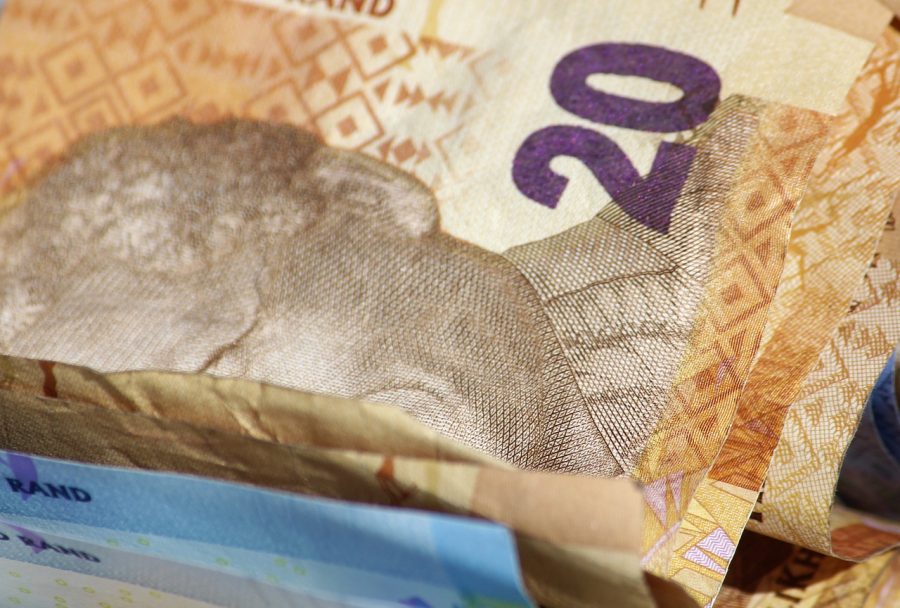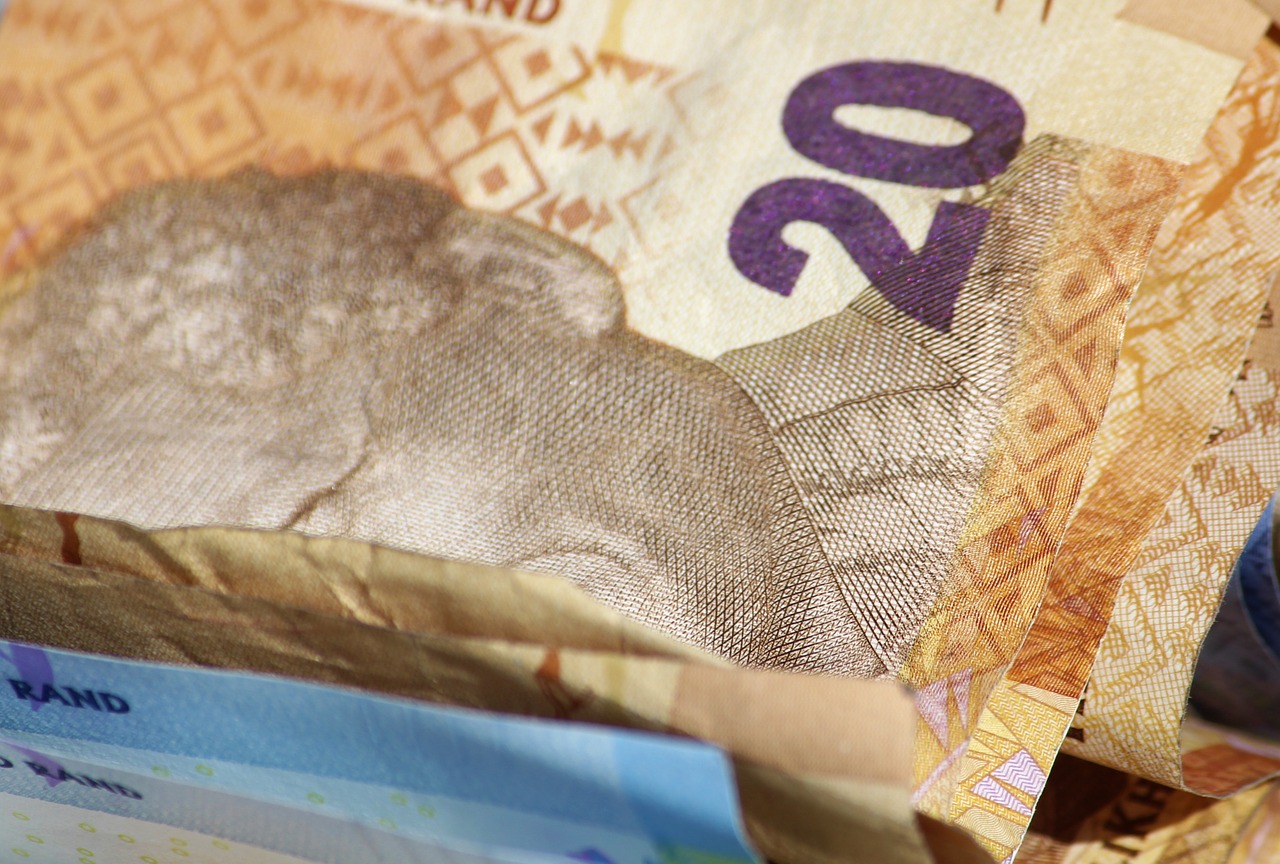
As SA Rand Races to 20-Month High, Major Banks Charged with Price Fixing
The South African Rand has raced to its highest in almost 20 months, in a six-day winning streak (its longest since September), following positive sentiment towards emerging market currencies. It comes on the same day that the SA Competition Commission announces that 17 banks will be prosecuted for price-fixing. Of the Rand’s high today Bloomberg said […]

The South African Rand has raced to its highest in almost 20 months, in a six-day winning streak (its longest since September), following positive sentiment towards emerging market currencies. It comes on the same day that the SA Competition Commission announces that 17 banks will be prosecuted for price-fixing.
Of the Rand’s high today Bloomberg said it has “rallied through a psychological barrier, outpacing all of its emerging peers”.
This is the first time since August 2015 that the Rand has dipped below 13. It gained 0.9 percent to trade at 12.9896 per dollar.
Inflation in the country, which slowed for the first time in five months during January, is attributed to the Rands strengthened performance. Experts predict “slow and unsteady rand gains”.
The rand is now R12.98 to the dollar, R16.17 to the pound and R13.75 to the euro.
Meanwhile 17 major banks, including three South African banks, are to be prosecuted for collusion in the trading of foreign currency pairs involving the South Africa Rand (ZAR).
The Competition Commission South Africa, which has been investigating the case of price-fixing and market allocation since April 2015, has referred the case to the Competition Tribunal… and is seeking an order that the respondents have contravened the Competition Act.
The 17 banks across the world include Absa, Standard Bank, Credit Suisse, BNP Paribas, JP Morgan Chase, Barclays, ANZ (Australia and New Zealand Banking) and Bank of America.
If the Commission gets its way, the banks will have to pay a penalty equivalent to 10% of annual turnover.
The Commission found that since at least 2007, the banks had a general agreement to collude on prices for bids and offers in relation to the US Dollar / Rand pair. According to a statement from the Commission, it found the manipulation allegedly included “agreements to refrain from trading and creating fictitious bids and offers at particular times”, assisting each other to reach the desired prices.
The traders are alleged to have communicated through Reuters currency trading platform, Bloomberg’s chatroom, phone calls and meetings.
The banks will now have an opportunity to respond.
In a statement the South African Reserve Bank (SARB) said the investigation relates mainly to international financial institutions. The rand is a globally traded currency, with a daily average worldwide turnover of about $49-billion which represent 1% of total turnover in the international foreign exchange markets, said SARB.
SARB and the Financial Services Board had launched their own review of foreign exchange operations in the domestic market at the same time as the Commission’s investigation. The review found no evidence of serious misconduct, but did see room for improvement and made recommendations.
Today SARB said it sees the allegations in a serious light, and will monitor developments to embark on any action required in accordance with their mandate and jurisdiction.